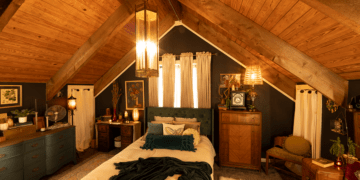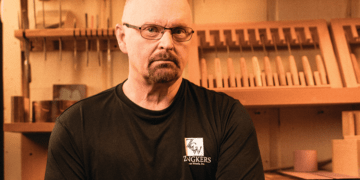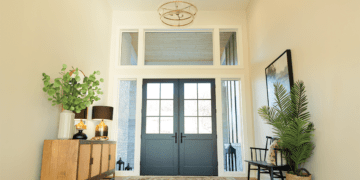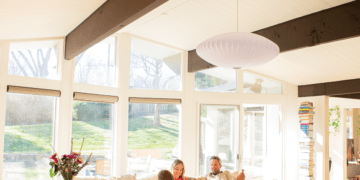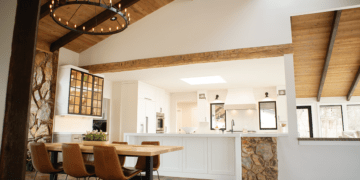As the largest generation in American history, often referred to as the post-war “Baby Boomers,” begins to reach and pass their 60th birthdays, the sheer size of the population is predicted to overwhelm the current facilities intended to meet the needs for assistive care and skilled care. That fact, along with many seniors’ desire to remain in their familiar, comfortable family home, have prompted many Americans to turn to companies and resources that can help them stay in their homes safely, happily, and productively and at a reduced expense.
The “Aging in Place’ trend has gained steam in recent years, and is expected to continue to grow in popularity in the next decade. The Centers for Disease Control and Prevention (CDC) has defined “Aging in Place” as “the ability to live in one’s own home and community safely, independently, and comfortably regardless of age, income, or ability level.”
Finding quality providers of at-home products and services is one of the most important aspects in preparing a successful plan for aging in place. Omaha has a wide selection of service providers, caregivers, and equipment providers who can work with the individual or the family to make aging at home a viable option.
Matt Nyberg, owner of Home Care Assistance of Omaha, says that while the majority of “Baby Boomers” haven’t yet reached the point of requiring home-care products and services, his company is preparing for the deluge of demand ahead. His firm provides seniors with non-medical, hands-on assistance with activities of daily living, bathing, and transferring, with what he says is an innovation in the business. Each client has an RN (registered nurse) who assesses needs, manages services, and attends doctors’ appointments, if requested. The RN then communicates with the family (with the client’s permission) in order to keep the family up-to-date on the client’s condition.
Laurie Dondelinger, marketing director at Kohll’s Home Care in Omaha, recently took this writer on a tour of their 10,000-square-foot showroom, which contains hundreds, perhaps thousands, of assistive devices from canes to stairway lifts to walk-in tubs to ceiling lift tracks which literally lift a disabled person out of bed and motor them anywhere in the home where the ceiling track has been installed. Kohll’s has in-house contractors who can install assistive devices as well as remodel a home to accommodate such devices.
Dondelinger tells of a satisfied client who installed a stairway lift in his three-story house. He is so thrilled with the ease in moving from floor to floor that he feels as if he now lives in a ranch-style home, and he’s no longer faced with having to sell his beautiful home on the river where he has lived for many years.
Bob Sackett, owner of Complete Access in La Vista, got into the home-accessibility business because of a personal crisis facing a family member 25 years ago. He is now a licensed elevator sales and installation provider specializing in modular ramps, stairway lifts and elevators, for the home serving customers in western Iowa and central and eastern Nebraska. His company sells both new and previously owned products, allowing him to meet the needs of even tight budgets. Like so many in the stay-at-home business, Sackett has a true fervor about his business, which he says is not only cost-effective in keeping people in their own homes, but also improves clients’ quality of life.
However, Sackett says that, in his initial assessment, he looks and listens to learn whether or not the person can survive happily at home. If his accessibility services could result in a person living 24 hours alone with no human interaction, then he isn’t interested in the business opportunity because then he would not be providing a high quality-of-life service.
Spirit Homecare is a newcomer to the Omaha home-assistance market, providing skilled hands-on care such as administering medications and treatments per doctor’s orders, as well as non-medical services via homemakers and companions, including meal preparation, transportation services, and light housekeeping. They also provide supervised hands-on assistance with personal care needs, help with prescribed exercises and medical equipment, and much more. Up to 24-hour care and live-in companion services are available as well.
Spirit Homecare is part of St. Jude Healthcare, a company that provides services in Wisconsin, Nebraska, California, Arizona and Kansas. Although non-medical assistance is not reimbursable by Medicare, sometimes Medicaid and private long-term care insurance does provide reimbursement. Tom Moreland, CEO of St. Jude Healthcare, says that his company is the only one in the Midwest that provides services in a manner consistent with the Ethical and Religious Directives for Catholic Health Services.
The above providers are but a tip of the iceberg of services, providers, and products available to assist with aging in place. It cannot be emphasized too much that if one wants a future at home, one should begin the planning as soon as possible.





